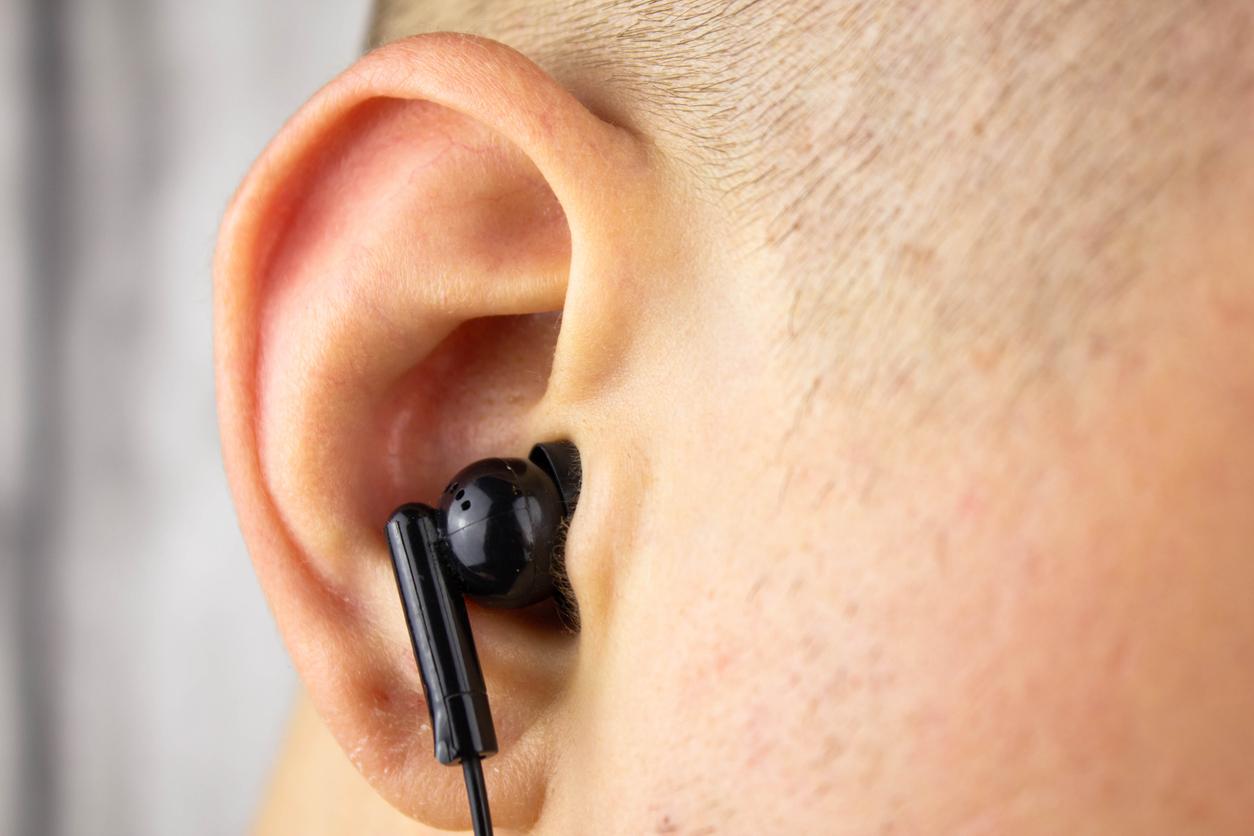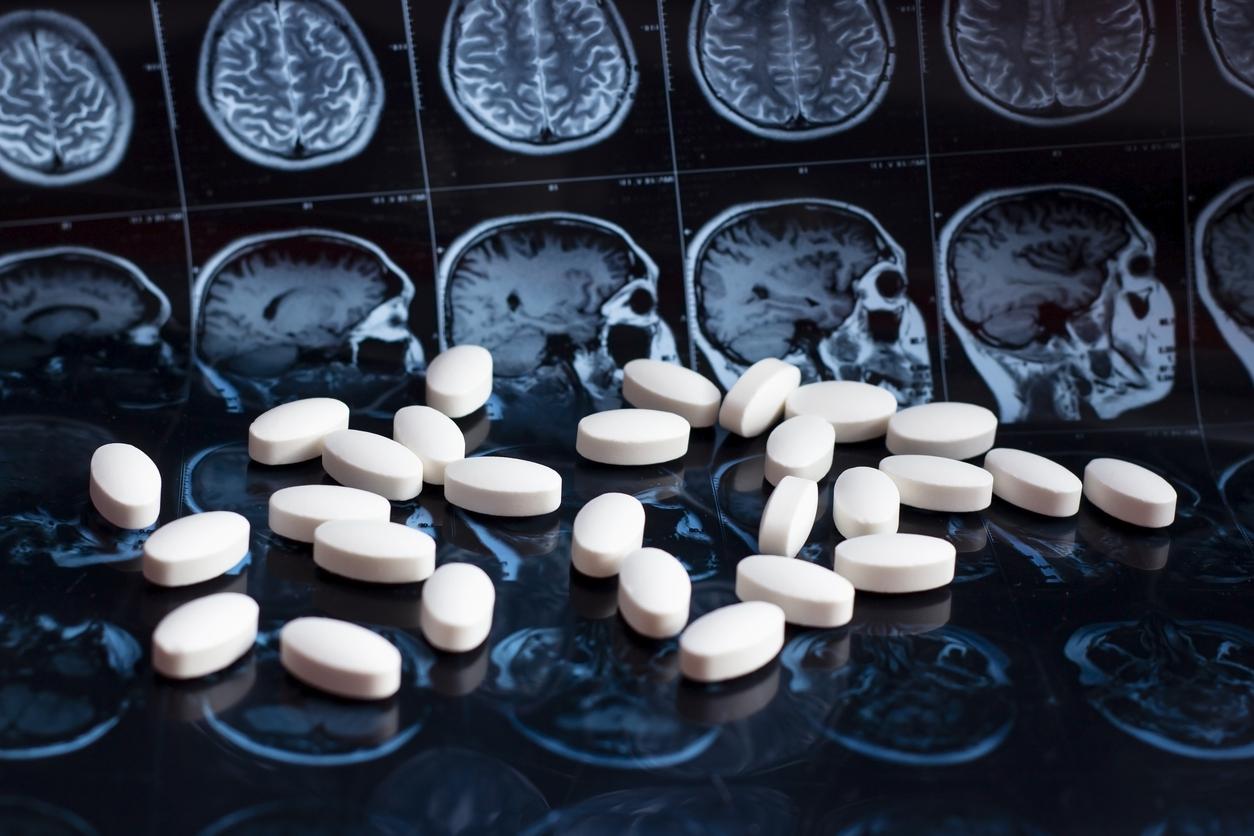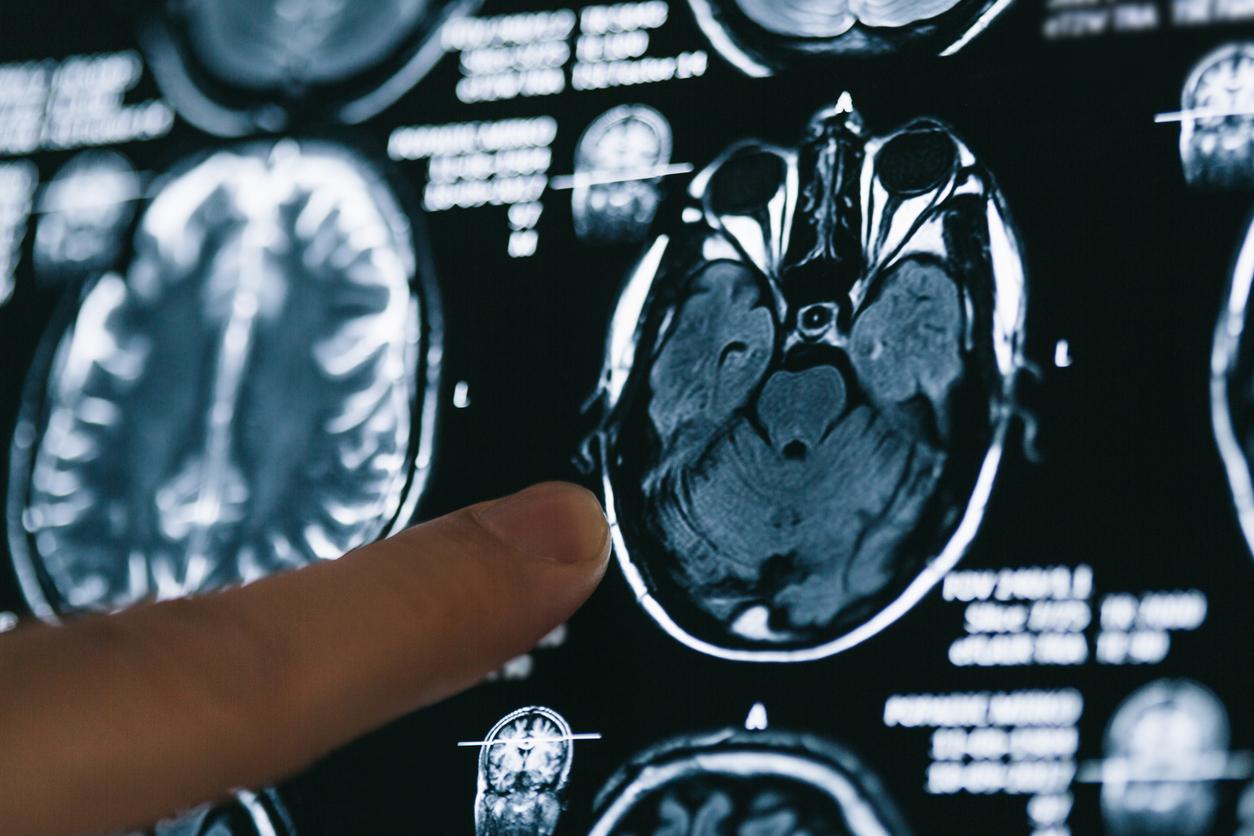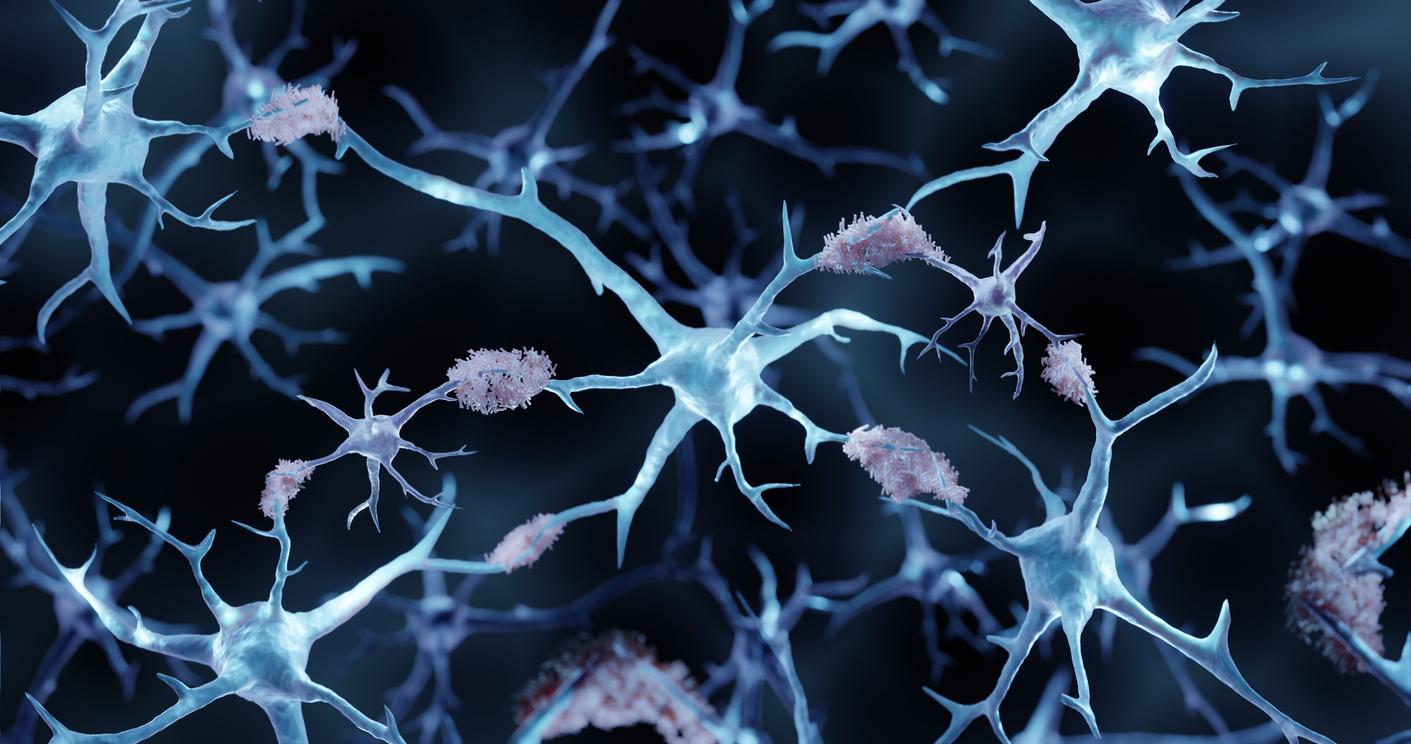American researchers have discovered that combining ultrasound with antibody therapies can accelerate the elimination of amyloid plaques, risk factors for Alzheimer’s disease.

- The blood-brain barrier, designed to protect the brain from external attacks, prevents the action of certain medications.
- A study shows that ultrasound can make it easier for Alzheimer’s drugs to enter the brain by temporarily opening this barrier.
- However, further research is needed to confirm these initial results.
New hope for patients with Alzheimer’s disease. A team from Rockefeller Neuroscience Institute (RNI) from the University of West Virginia highlighted that coupling antibody therapies with ultrasound could accelerate the elimination of the accumulation of amyloid plaques in the brains of people affected by neurodegenerative pathology.
The work was presented in an article published in the journal New England Journal of Medicine on January 4.
Alzheimer’s: ultrasound helps drugs cross the protective barrier of brain
In recent years, American authorities have given the green light for two treatments against Alzheimer’s disease,aducanumab and the lecanemab, based on monoclonal antibodies. Their objective is to eliminate amyloid plaques and thus slow the development of the pathology. The researchers of the RNI tried to find a way to strengthen the effectiveness of this care.
Indeed, the scientists specify in a press release from their establishment that the action of these drugs is limited through the barrier hemato-encephalicdesigned to prevent harmful substances from reaching the brain. They had the idea of using a focused ultrasound system to temporarily open this protection. The method was tested on three patients, aged 59 to 77, all of whom suffered from a mild form of Alzheimer’s disease.
During the trial, they received six monthly infusions of antibodies aducanumab. After each of them, ultrasound was applied to the areas where the accumulation of beta-amyloid protein plaques was the greatest thanks to a helmet equipped with 1,024 transmitters ultrasound.
“We verified by MRI that the opening of the blood-brain barrier was temporary and closed 24 to 48 hours after the procedure”explained Dr. Ali Rezaidirector of the Rockefeller Neuroscience Institute (RNI) has WVU has Fox News.

Ultrasound and Alzheimer’s: promising results, but to be confirmed
The trial has a small number of patients, but early results are encouraging. After six months of antibody treatment, participants showed a 32% greater average reduction in beta-amyloid plaques in areas where the brain’s protective barrier was opened compared to areas where the drug was used without the device .
“This was a first safety and feasibility study in humans”indicates the expert. He says some adverse risks have been associated with the use of ultrasound in previous studies, such as brain swelling and hemorrhage. However, none of the volunteers experienced any complications during the experiment.
“Our goal is to give patients a head start” by boosting the effectiveness of these treatments for Alzheimer’s disease which take a long time to work, said Dr Ali Rezai has Associated Press. He adds that his work shows that the combination of focused ultrasound and drug treatment could offer a new approach in the treatment of neurological disorders of the central nervous system. This could open new avenues for drugs that were previously ineffective due to their inability to cross the barrier hemato-encephalic.
In a next phase of the clinical trial, Dr. Rezai plans to test ultrasound therapy with the other anti-amyloid treatment: THE lecanemab. Furthermore, clinical studies more broad will be necessary to validate the effectiveness of its method.
L’aducanumab and the lecanemab are not available on the European market because they have not obtained validation from the European Medicines Agency (EMA) For now.

















